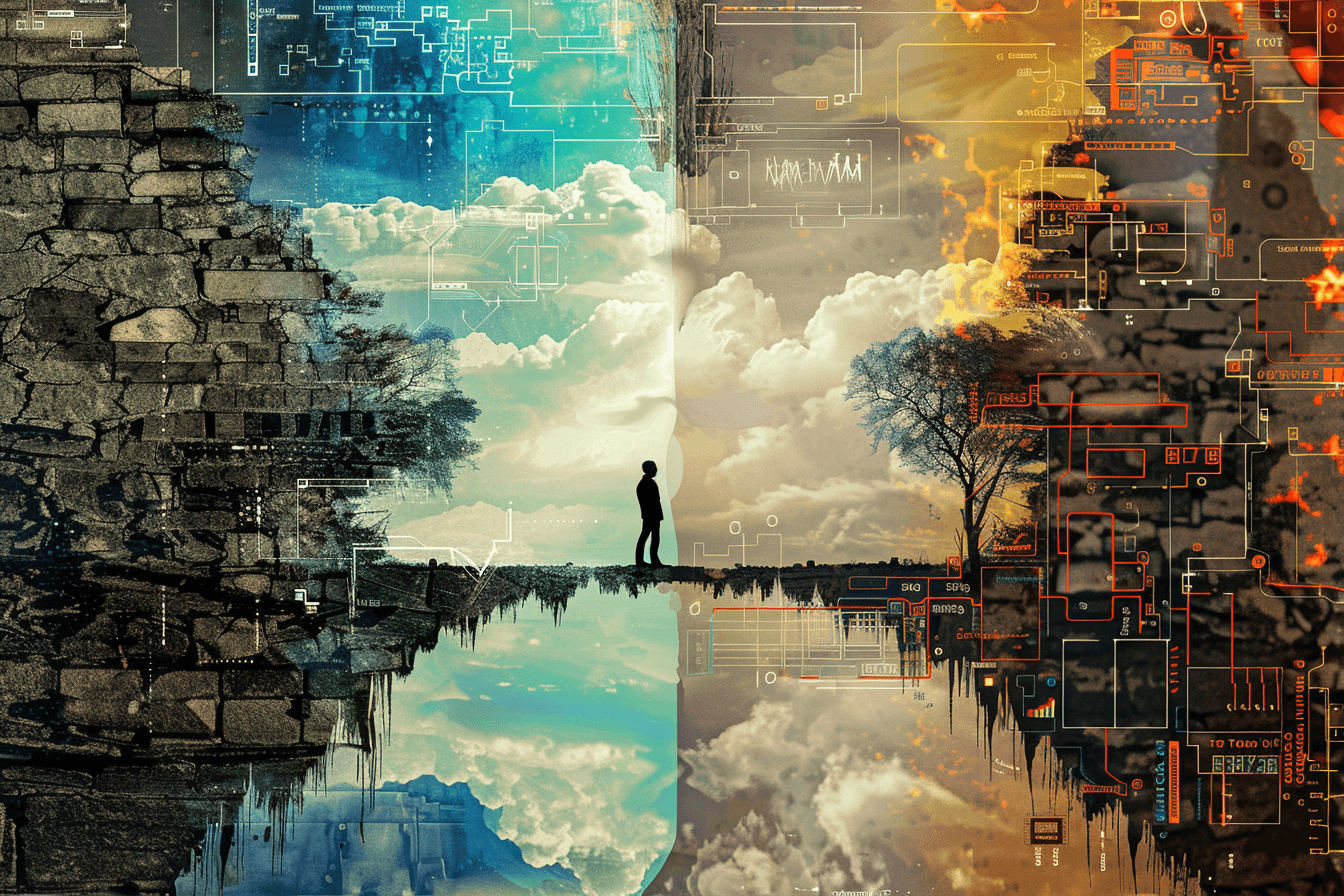The Masks We Wear: Fitting Into Society
Fitting into society often involves wearing masks. This can be especially draining for Neurodivergent individuals. Can we change it?
Published:

Another Halloween has come and gone. The costume and decoration options feel like they get more scarce every year. Luckily for those of us in #NeurodivergentGang, we don’t have to buy a disguise. We’re already wearing masks!
Neurodivergent refers to those who’s brains function differently than what’s considered “typical”. Generally, the term refers to neurologic conditions such as Autism, ADHD, Dyslexia, OCD, and more.
What is Masking?
If you’ve been around the neurodivergent community, you’ve probably heard about the term “masking.” We’re, of course, not talking about wearing physical masks. Masking, for us, is the act of hiding our neurodivergent traits to blend in with “normal” society. We might change our personality, speech, body language, and more.
Important: Masking isn’t limited to neurodivergence. Everyone has masks they wear in the name of social acceptance. Masking behavior can also be a defense mechanism in response to trauma or abuse. Here, I’m focusing solely on my neurodivergent experiences to explain what it means to us.

People fear what they don’t understand. Society has come a long way, but the tolerance of differences is still difficult to overcome. Driven on a primal level by that fear, people seek to shut out what’s different by either trying to change what’s different or make it go away. This leads to bullying and social isolation.
To avoid being a mark for those negative interactions, neurodivergent kids will build masks over time to appear more like everyone else. At their core, their brains will still function differently than the other kids, but other kids may not see the difference. Few will understand how much extra effort the masked children have to put into behaviors and skills that may require significantly less effort from others.
Masking Implications
Keeping up the extra effort costs energy, and it’s not uncommon for neurodivergent kids to be completely drained when returning home from school. As a result, many neurodivergent teenagers and adults tend to exhibit introverted behaviors. This introversion can be attributed to various factors. For some, interacting with others and meeting their expectations can be exhausting. Others experience anxiety about the possibility of their "mask" slipping and revealing their true selves, leading them to seek comfort in solitude and authenticity.
Sometimes the individual may not even know they’re masking. After all, how can you know how much effort for a task or behavior is normal, when all you really know is your own thoughts and experiences? How can you know that what takes you tremendous amounts of energy and willpower to accomplish is relatively easy for everyone else? It’s easier to believe that those tasks are meant to be hard and that’s just how life and society are, rather than accept that they’re hard because your brain is different.
We all wear masks, and the time comes when we cannot remove them without removing some of our own skin.
André Berthiaume
In both cases, whether they’re aware of the mask they wear or not, the drive to be like everyone else and strong social expectations are taxing on the individual and easily cause undue mental stress. What if it didn’t have to be this way though?
Taking Off the Mask
There may come a day where we don’t need masks anymore. Public understanding of neurological differences is improving. Yet there is still some stigma, and many resources still treat neurological differences as a disease to be cured and not a natural difference.
The human brain is incredibly complex. Neuroscience is making new discoveries about the brain and its function every day and how different, at a biological level the brain can be from one person to another. Our thoughts and behaviors aren’t truly ‘Nature vs Nurture’ but rather the two of those ideas blended together seamlessly.

We need to break this idea that there’s only one correct brain, and that anything straying from that is diseased or subhuman. If society truly accepted neurological differences like we accept differences in height and appearance perhaps that world without masks might come. We could live authentically, without stress or fear of being different.
That would be true freedom.







